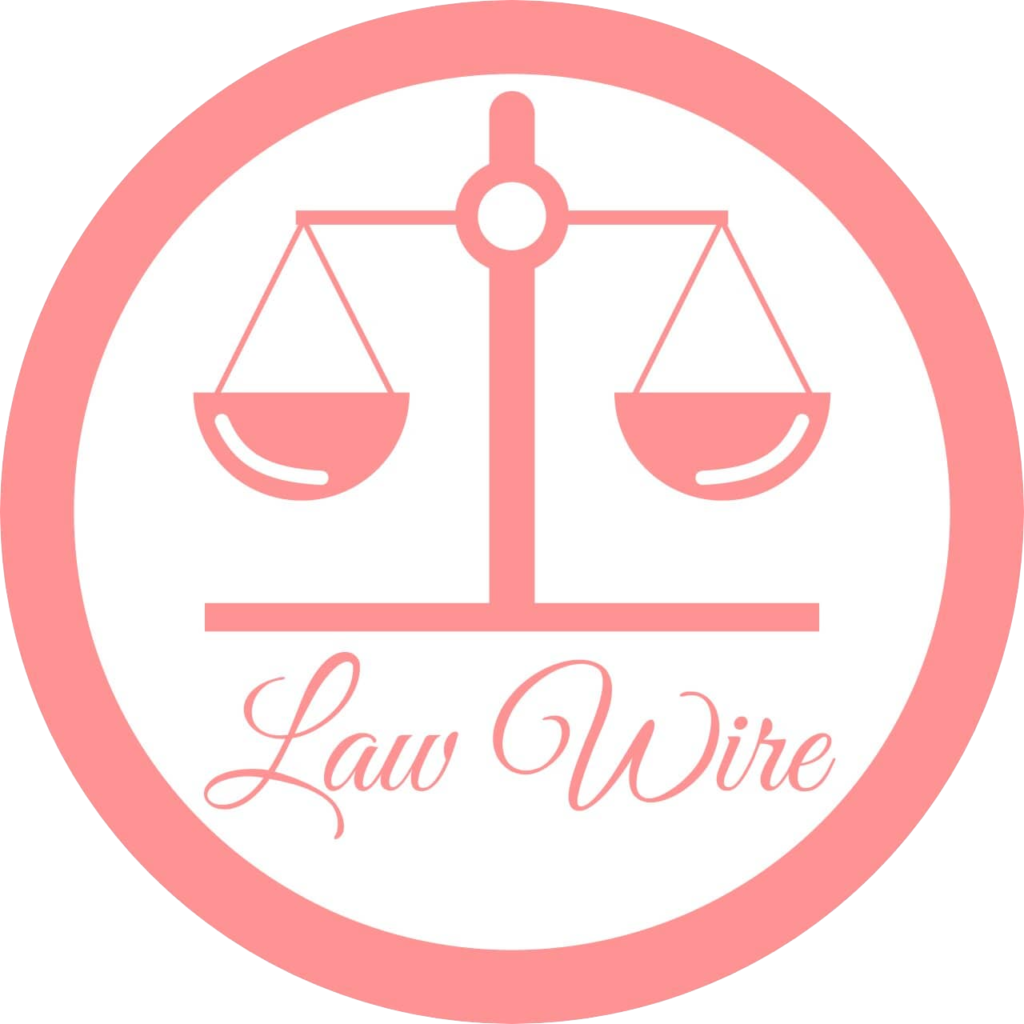Section 59: Proof of facts by oral evidence—
All facts, except the contents of documents or electronic records, may be proved by oral evidence.
Section 60: Oral evidence must be direct—
Oral evidence must, in all cases whatever, be direct; that is to say—
if it refers to a fact which could be seen, it must be the evidence of a witness who says he saw it;
if it refers to a fact which could be heard, it must be the evidence of a witness who says he heard it;
if it refers to a fact which could be perceived by any other sense or in any other manner, it must be the evidence of a witness who says he perceived it by that sense or in that manner;
if it refers to an opinion or to the grounds on which that opinion is held, it must be the evidence of the person who holds that opinion on those grounds:
Provided that the opinions of experts expressed in any treatise commonly offered for sale, and the grounds on which such opinions are held, may be proved by the production of such treatises if the author is dead or cannot be found, or has become incapable of giving evidence, or cannot be called as a witness without an amount of delay or expense which the Court regards as unreasonable:
Provided also that, if oral evidence refers to the existence or condition of any material thing other than a document, the Court may, if it thinks fit, require the production of such material thing for its inspection.
IMPORTANT CASE LAW
1. Appreciation of Evidence:
Hari Obula Reddy v. State of A.P., (1981) 3 SCC 675 : “………Although in the matter of appreciation of evidence, no hard and fast rule can be laid down, yet, in most cases, in evaluating the evidence of an interested or even a partisan witness, it is useful as a first step to focus attention on the question, whether the presence of the witness at the scene of the crime at the material time was probable. If so, whether the substratum of the story narrated by the witness, being consistent with the other evidence on record, the natural course of human events, the surrounding circumstances and inherent probabilities of the case, is such which will carry conviction with a prudent person. If the answer to these questions be in the affirmative, and the evidence of the witness appears to the court to be almost flawless, and free from suspicion, it may accept it, without seeking corroboration from any other source………”
